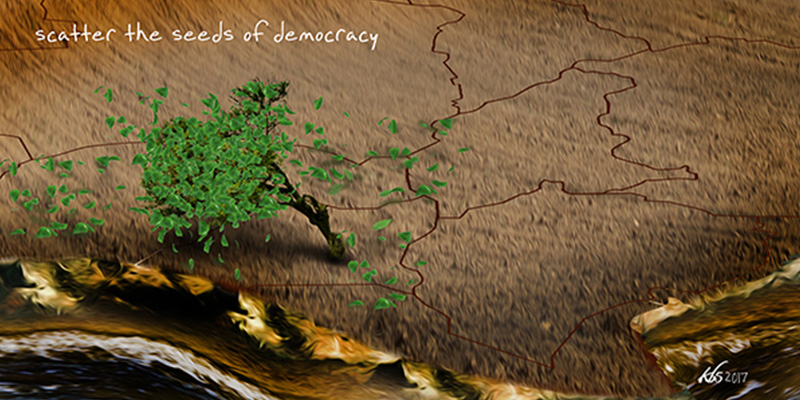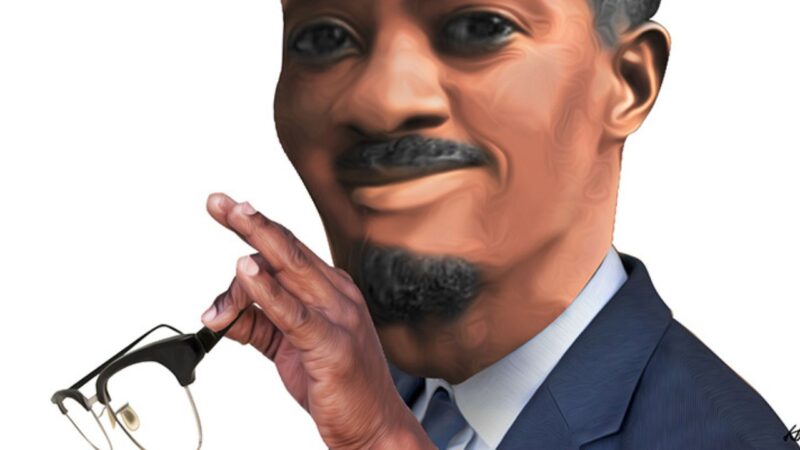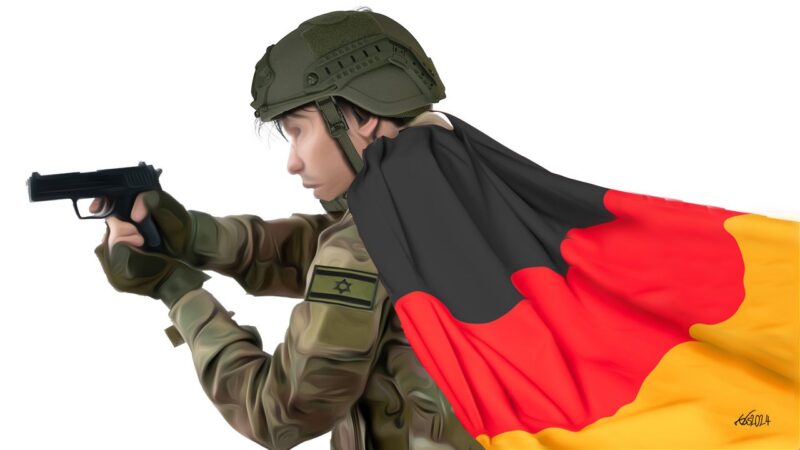The old saying that “if voting really changed anything no government would ever permit it”, perhaps needs to be updated.
True, voting has not really changed the governing systems in much of the East African region, despite elections being held fairly regularly in most of our countries.
Kenya’s economy is dominated by commodity cartels whose preservation and prosperity also depends on controlling political processes. Every election can also be understood as a bruising negotiation between these players over who will hold the levers of which economic sector. The evidence is in the outcomes: no matter who is in State House, the economic rights and conditions of ordinary Kenyan remain poor.
Tanzania may have had six different presidents since independence, but it has only ever had one political party in power: Chama cha Mapinduzi (CCM), which is constituted mainly of the independence-era Tanganyika African National Union, TANU, and a smaller party from Zanzibar. And whatever credits for creating national unity and building infrastructure that party may claim, the fact is that being in an opposition party can be very dangerous for its members.
As for poor old Uganda, we have only had violent changes of government. That is, until 1986, since when we now have violent retention of the reins of government. This is where elections become interesting: due to its overwhelming military strength (by which I mean that the “national” army in fact remains the enforcing organ of the ruling National Resistance Movement party that brought it to power), any opposition candidate is actually up against not just a ruling party, but also its armed wing.
As we speak, the Ugandan electoral process is still ongoing in two of the usual ways. The first is the courts being swamped by a slew of petitions from those who have been pronounced losers (which is not the same thing as being the actual loser) at various levels, but usually at the parliamentary level. There is also always the Big One: the court petition by the first presidential runner-up (as announced), challenging the presidential results (as declared). There is a legally defined time limit within which these cases must be submitted, heard and adjudicated.
But running parallel with the court proceedings is the state security operation to manage the protests of those who supported the presidential candidate who was pronounced the loser between the time when the results were announced by the Electoral Commission in mid-January, and the swearing in of the new President (who in Uganda is also always the incumbent) in mid-May. The established tradition is to have the main declared loser trailed, confined to their home, and generally harassed during this period. This was the four-time experience of former opposition strongman Dr Kizza Besigye.
Where matters seem to have escalated is in the targeted abductions, illegal detentions, torture and extrajudicial killings of many supporters of the new opposition figurehead, Hon. Robert Kyagulanyi. As many as 300 young Ugandans (the latest known one being just 15 years old), some of them activists, many not, may find themselves at one time or another on this macabre conveyor belt.
Often invoking the 2007 post-election violence in Kenya, or even the last Rwanda Genocide, the regime usually offers vague and often contradictory justifications for this, and the ambassadors of the various supporting donor countries spend some time frowning and wringing their hands.
There is another kind of echo. After the disastrously-handled 1980 elections (that saw even the person in charge of the electoral body at the time flee into exile), the declaration of Milton Obote’s Uganda People’s Congress party as the victor was followed by a massive witch-hunt of activists, campaign managers and, generally, vocal supporters of the losing sides, in particular Dr Paul Ssmogerere’s Democratic Party.
Nevertheless, elections in Uganda perhaps provide an opportunity to be positive about the civic journey Ugandans and East Africans have undertaken since the 1990s, when the end of the epic 1949-1989 global feud between the two white superpowers — the United States and the now defunct Soviet Union — came to an end.
This feud, the Cold War, had locked weaker countries worldwide into having to choose which of the two nuclear-armed giants’ tents they would rather live in. But this was rarely a democratically worked out choice. The two superpowers needed pawns on their chessboards, and so worked to see the imposition of their chosen autocrats in many countries of the South, especially in Africa and Asia. Elections barely featured in these processes.
The victorious West leaped on the demise of its rival to claim that there was now a “democratic dividend” to be reaped, and that now democracy was possible throughout the South where until then only autocrats had ruled.
This was brought into urgent focus by the underreported fact that the end of the Cold War also brought with it the inability of these tightly wound autocratic systems to maintain themselves. To the extent that our erstwhile dictators had any freedom themselves, it was through gaming the Cold War, and trying to play one superpower off against the other. Arefusal by superpower X to sell tyrant Y the latest military hardware would lead to him make very ostentatious visits and overtures to the capital of the other superpower, much like a young child threatening to go and live with the neighbours.
Suddenly, all that petulance had no audience, no effect. It is not accidental that the period immediately before and immediately after the end of the Cold War saw a rise in regime implosions, civil wars, ethnic landgrabs and country break-ups. And not just in the so-called Third World, but also in much of the poorer, less imperial part of Europe.
This led us into the Era of “good governance” where, suddenly, the Western powers —now reinvented as “donor partners” — felt both obliged and able to attach conditions about democracy and the like to the countries receiving the aid, a thing they had never done during the entire period of the Cold War, nor during the time before that, when Europe directly ruled much of Africa and Asia.
And so we began to see the design of broader, more ostensibly inclusive systems of government being rolled out.
In Uganda, this found resonance with the population, whatever the motives of the donors may have been. The right to assemble and to elect representatives has been one of the longest-standing demands in Ugandan politics, reaching way back into the early colonial period.
We ended up with a remarkable contraption called the 1995 Constitution (since then critically modified by presidential fiat) that included the most elaborate local government electoral systems, representation for “special interest groups” (the military, workers, the disabled, youth), as well as guarantees for gender balancing.
But Ugandans have always taken elections very seriously, and so they took the new constitution at its word, by seizing upon every electoral opportunity it presented. This was not what the ruling National Resistance Party had intended, judging by the reaction to the popularity of Dr Paul Ssemogerere, who stood again for the presidency against (again) President Yoweri Museveni in 1996.
The right to assemble and to elect representatives has been one of the longest-standing demands in Ugandan politics.
I distinctly recall the night after polling day where, in what had been billed as a national address, candidate Museveni appeared on national television in full military uniform and in rambling, agitated tones, issued a firm warning to Ssemogerere supporters about celebrating when the official results had not yet been released. This he did (in a sentence I will never forget), “speaking not just as the Commander of the Armed Forces, but also a founder of the army”.
I do not recall the electoral officials themselves — who should have been the ones concerned about curbing electoral misconduct — having voiced any concern that any such celebrations would be one such example.
I was watching the speech in the home of an old school friend whose in-laws had strong connections to the regime. Judging by the way one of them began to rant about how much of “a hypocrite” (which he pronounced “hypcryte” for some unfathomable reason) Dr Ssemogerere was for deciding to run again President Museveni who had once given him a ministerial post, I could see that “elections” meant something else to the supporters of the ruling party.
There has never been a proper election in Uganda.
Having covered parts of that 1996 election as a camera operator, I think I can testify that the only real change between then and now is that the mechanisms for fraud and intimidation have become more pervasive.
There has never been a proper election in Uganda, I repeat, because, the 1980 coup aside, even the Independence election elicited sharp criticism of one J. C. Peargram, the British civil servant in charge of the process, from, you guessed it, the Democratic Party.
We can speculate as to the intention behind all this constitution-designing and funding, but if it was to lock the politically active into endless but ultimately futile politicking, then this has only been partially successful.
Perhaps voting has changed something: it has brought about its own end.
In the midst of all that, people have gained experience and have seen what is real and what is not. There has been more public information, more skill in accessing and engaging with public information, and broader participation in the national discourse. Critically, there is a much clearer understanding of imperialism.
The only real change between then and now is that the mechanisms for fraud and intimidation have become more pervasive.
The problem is that these are all things that the government (and in my view the corporations behind the donor states) fear. One reaction has been to try to encourage parochial thinking by creating minuscule administrative units around which the locals can fight for posts and tenders. The government may be on to something.
The civic problem in Uganda is the attempt to apply a solution premised on individual rights to problems rooted in group identity.
The Western world — especially after the 1980s neo-liberal economic transformation — is premised on the idea that individual citizens vote for those they believe will bring them solutions to their individually experienced challenges. They do not vote in groups; they vote as collections of individuals. Elections are premised on individualism expressed collectively.
The civic problem in Uganda is the attempt to apply a solution premised on individual rights to problems rooted in group identity.
This is why mere electoralism failed to resolve the crisis of representation in the more “tribal” parts of the UK. In the artificial province of Northern Ireland, the political crisis that ran (and still rumbles) for over thirty years from the early 1960s — leading to one of the deadliest guerrilla wars — began when one group identity began to demand that the electoral system function properly and deliver civic rights and services to all groups. The other group holding the levers of power opposed this and within a decade, after rallies turned into riots which turned into an armed insurrection, the pretence at democracy was abandoned and the province was ruled directly from London.
I think, therefore, that the only time elections will be properly respected is if or when the society in question has been atomised into a collection of self-interested individuals dependent on the state, as opposed to our reality of quasi-autonomous extended families currently surviving the state.
But with neo-liberal policies steadily breaking up the extended family systems all over the region through a myriad of policies on land ownership, family governance, urban housing design, urbanisation itself, and even food production, that day may well come.
For East Africa to truly democratise, the people, in their current form, must first be destroyed.
And then there will be nothing important to vote about.








